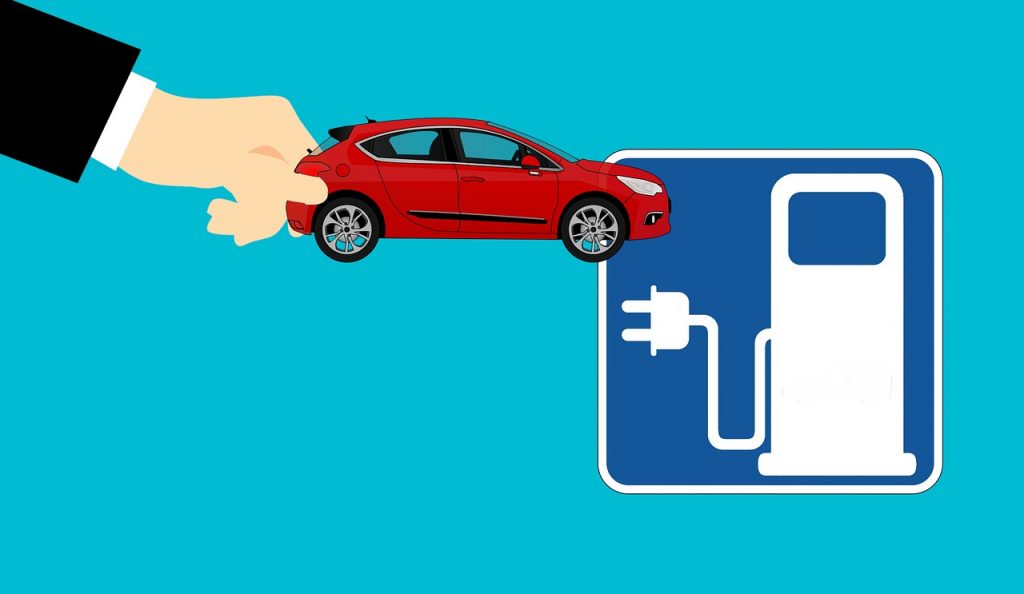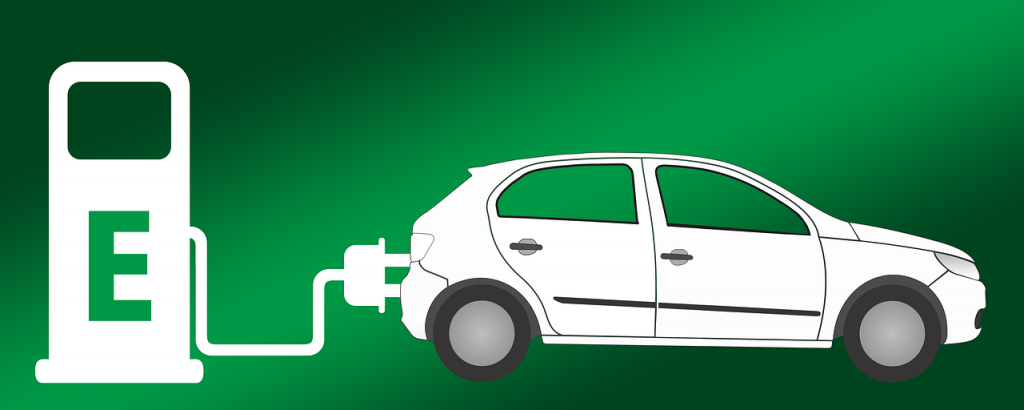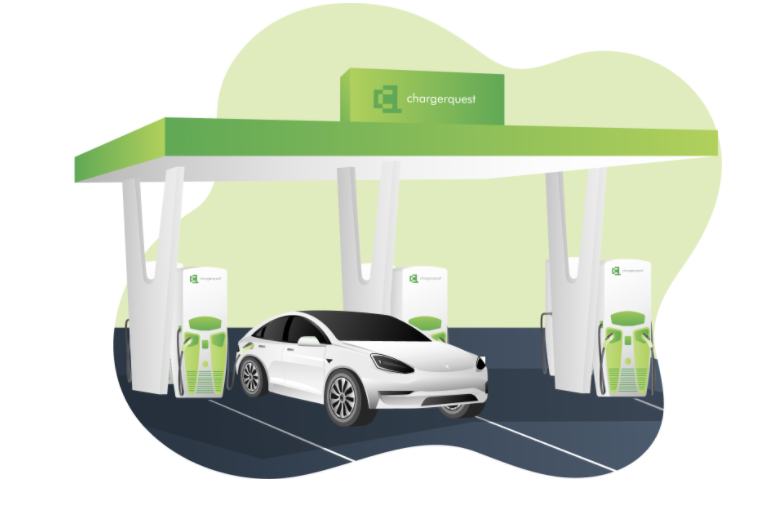Not all vehicles are created equally — some are powered by gasoline and diesel, some are run by electricity. If you own or want to purchase the latter, then here are a few things to consider if you’re going to use electric charging as your primary source of power instead of fuel.
What is an Electric Vehicle Charging station?

We all know that with new technology comes new jargon.
The idea of an electric car might frighten the average consumer, not because they lack interest, but the confusion over how to power it. That is why it is important for everyone to understand how an electric vehicle (EV) charging station works.
An EV charger is a piece of equipment that supplies power for electric vehicles. Its main job is to recharge the battery of an EV to keep the vehicle in motion.
Most eclectic vehicles’ batteries can only be charged with direct current (DC) power, yet some EV have a charger that converts alternating current (AC) electricity into DC and then sends this power to the vehicle’s charging port.
What are its types?
There are various types of electric vehicle charging stations in the market, making it a little confusing for some. So here is a list of EV charging stations to help you make the right choice.
TRICKLE CHARGE
When your EV needs a little more power to get through the day, choose Trickle Charge. This mode delivers a more gentle charge. It is perfect for charging smaller vehicle types as it has a standard three-prong, 220V plug that is used to charge your vehicle.
AC CHARGE
It is the most common charging method for EVs because it’s the easiest. The charge point gets wired straight into your home’s network, then plugs into your car through a cable, sending electricity to the car battery.
DC CHARGE
Fast chargers take advantage of direct current, which goes directly from the source to the vehicle. Fast chargers bypass the converter, which enables the batteries to charge faster.
Cost of Electric Vehicle Charging station

The energy efficiency of plug-in electric vehicles may be measured in kilowatt-hours (kWh) per 100 miles.
Calculating the cost per mile of an EV is easy with a simple formula. First, you must know the amount of electricity and the efficiency of the vehicle. If the electricity in your area costs $0.13 per kWh and the vehicle consumes 33 kWh to travel 100 miles, the cost per mile is about $0.04.
How much time does it take a car to charge
The charging time for an electric car is dependent on the size of the car’s battery and the charging speed of the carport. The bigger your car’s battery, the longer it takes to charge from empty to full.
A typical electric car with 60kWh battery takes about 8 hours to charge from empty to full with a 7kW charging point.
Canada’s EV charging station
There are 6,007 electric vehicle charging stations in Canada. This includes 5,255 Level 2 EV charging stations and 964 DC fast EV charging stations.
Level 2 charging stations are the ones that provide 16 to 32 kilometres of range per 1 hour of charging time, while the DC fast-charging stations provide 95 to 130 kilometres of range per 20 minutes of charging time.
At Charger Quest, we strongly support local businesses and EV drivers alike by creating EV charging hubs that promote emission-free travel and sustainable living. If you want to be one of our partners, feel free to contact us today.

